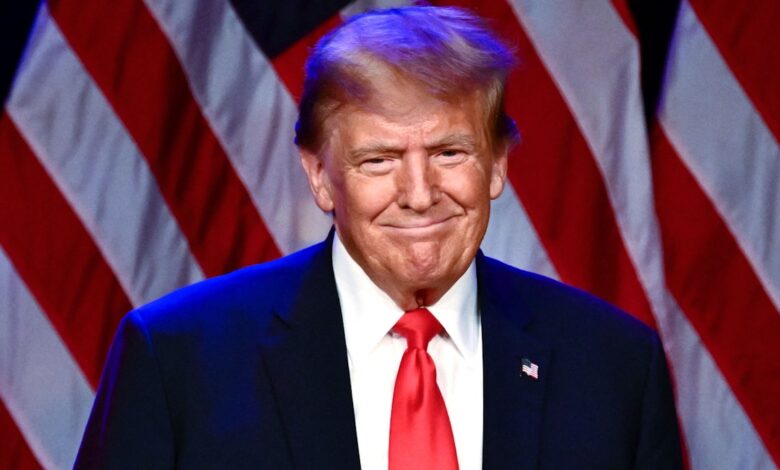Democrats Signal They Might Not Certify A Trump Win In 2024

Numerous House Democrats have signaled that they would not certify a 2024 presidential election win from Donald Trump, relying on the 14th Amendment to claim Trump is an insurrectionist and thus ineligible from holding office.
Democrats including Reps. James Clyburn (SC), Jamie Raskin (MD), Adam Schiff (CA), Eric Swalwell (CA), and even House Minority Leader Hakeem Jefferies refused to say that they would confirm Trump to office if he won the 2024 election.
As Dan McLaughlin explained at National Review, Democrats could have the votes to sustain an objection to a Trump win if they take control of the House. “Only a simple majority is required, and unlike when the House chooses a president under the Twelfth Amendment, they don’t vote by states,” he wrote. “Unlike in 2016 or 2004, when they were in the minority, House Democrats could be playing with live ammunition.”
Still, a majority of senators would have to object to a Trump win, too. This would likely take 51 senators, and as McLaughlin pointed out, this would be a tough task for Democrats: They “either have to hold every seat they currently occupy (good luck in West Virginia), or take a Republican-held seat (the bluest of which is either Ted Cruz’s in Texas or Rick Scott’s in Florida),” he said.
A potential way around some of this chaos rests at the Supreme Court, which heard oral arguments earlier this month in Trump v. Anderson, a case about whether or not a state, in this case Colorado, can keep Trump off the ballot based on the 14th Amendment. If the high court gives clarity on the issue of Trump eligibility, specifically that he is eligible, then Democrats would not have room to object on this basis.
The arguments, so far, have bode well for Trump. Nearly every single justice, including the liberal ones, seemed exceedingly uncomfortable with siding with Colorado based on Section 3 of the 14th Amendment. Notably, that provision was enacted immediately following the Civil War in an effort to keep anyone who engaged in an “insurrection” from holding office.
Attorney Jonathan Mitchell, who argued on behalf of Trump, argued that Section 3 doesn’t mention “president,” but an “officer of the United States,” which he says includes appointed officials, not elected officials. Another argument centered around Colorado adding a qualification to Trump by deeming him an insurrectionist and then disqualifying him before the election.
Some of the strongest pushback to Colorado’s claims came from Justice Elena Kagan. “Why should a single state have the ability to make this determination not only for their own citizens but also for the nation?” she pressed the Colorado legal team. “It sounds awfully national to me … if you weren’t from Colorado, and you were from Wisconsin, or you were from Michigan, and what the Michigan secretary of state did is going to make the difference between whether candidate A is elected over Candidate B is elected? I mean that seems quite extraordinary.”
BREAKING: Best Supreme Court Quote Just Now By Justice Kagan: “The question that you have to confront is why a single state should decide who gets to be President of the United States.” pic.twitter.com/ftN4tNV7sG
— Simon Ateba (@simonateba) February 8, 2024




